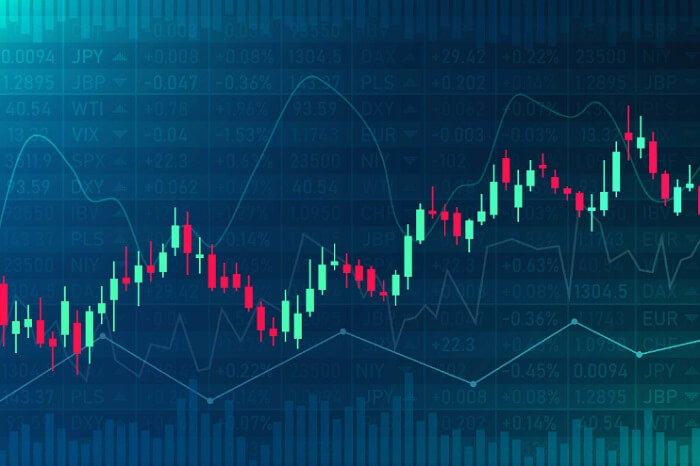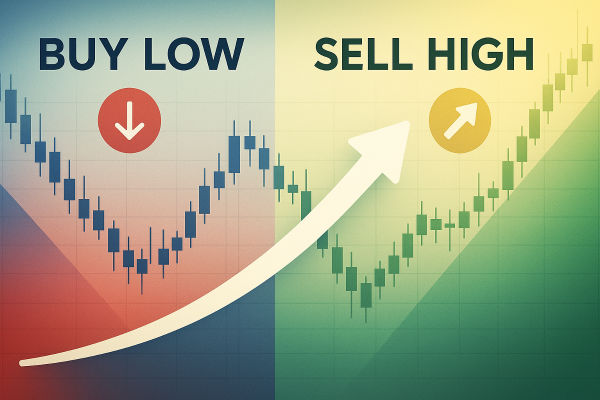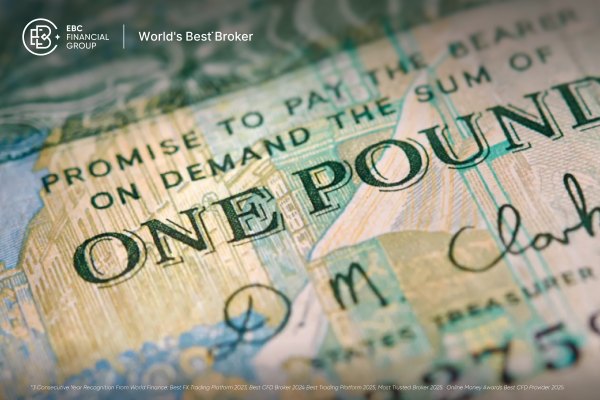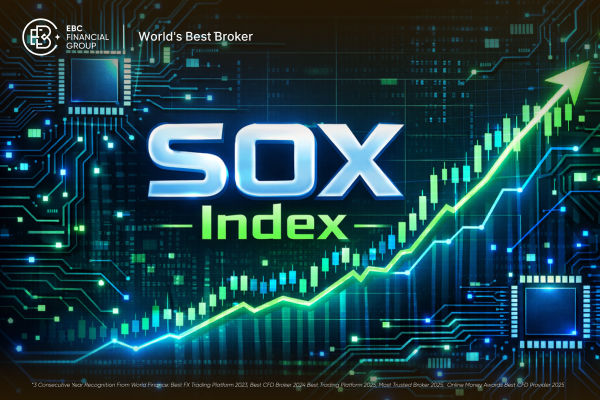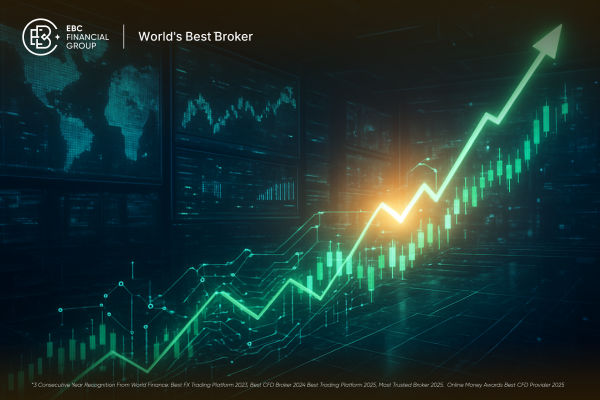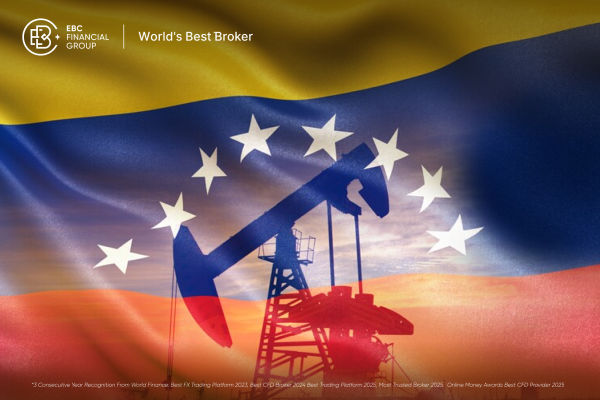In the stock market, when a stock is bought and sold by large funds, other
funds will also follow suit, which is known as "following orders". So, is there
a tracking system in the futures market, and what does futures tracking
mean?

Futures tracking is a comprehensive process that involves scientifically
screening samples to find target data that meets the requirements and converting
it into actual future book returns.
The concept of futures tracking has been proposed for a long time and is
mainly divided into two types: forward tracking and reverse tracking. Simply
put, it is to find "experts" and follow them forward, or find "low hands" and
follow them back to earn profits.
The so-called forward tracking refers to "letting professional people do
professional things", selecting the traders with the best returns and achieving
stable profits from numerous trading hands, and following them to trade.
The so-called reverse tracking refers to following one or more traders who
are experiencing stable losses. Of course, the more precise the screening, the
higher the success rate of reverse tracking.
There are two main profit models for futures reverse tracking:
1) Self-use mode: Use the established team for self-use, deepen trading, and
profit from the futures market;
2) He uses a model to connect established relevant data with customers,
develop customers through external investment, and earn fees including handling
fees, data fees, software fees, etc.
The main purpose of futures tracking is to obtain better investment returns
by replicating trading strategies that follow other traders or investment
portfolios. The following are some specific purposes of futures tracking:
1. Drawing on successful traders
Tracking investors can choose to follow outstanding traders and learn their
trading decision-making process, risk management strategies, and trading skills
to improve their trading skills.
2. Diversify investment risks
By following multiple traders or investment portfolios, investment risks can
be diversified. When a trader or investment portfolio experiences losses, other
traders or investment portfolios following orders may perform well, thereby
achieving overall portfolio balance and stability.
3. Save time and effort
Tracking investors do not need to spend a lot of time and effort researching
and analyzing the market but rely on the professional knowledge and experience
of the traders or investment portfolios being followed.
4. Diversify investment
By following different traders or investment portfolios, investment
diversification can be achieved by covering different markets and varieties.
This helps reduce the overall risk of the investment portfolio and provides more
opportunities to generate profits.
Futures tracking is not a method to ensure profitability, and investors still
need to possess a certain level of market awareness and risk management skills.
Meanwhile, documentary investors should conduct sufficient research and due
diligence, select suitable traders or investment portfolios, and closely monitor
their trading strategies and performance.












